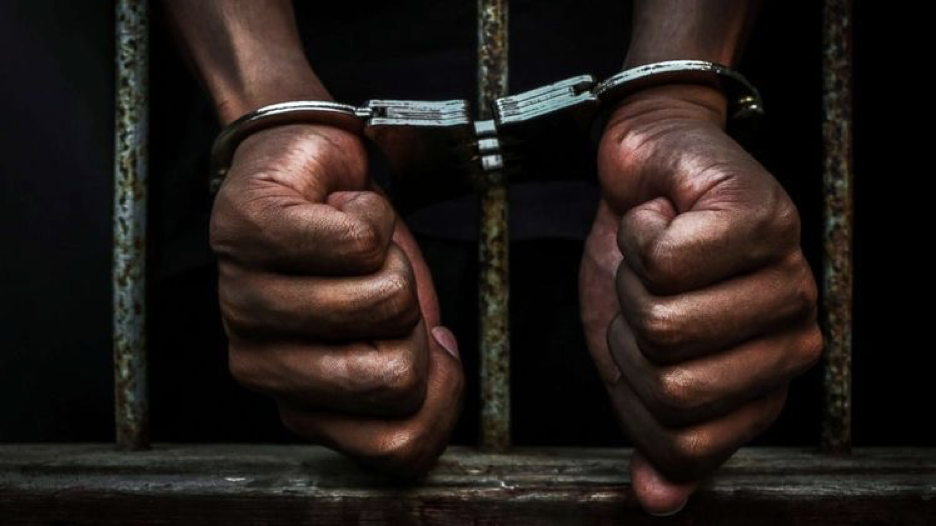In the late 1990s, Nigeria was gripped by the sinister deeds of Clifford Orji, a notorious criminal whose notoriety earned him the chilling moniker “the Vampire.” Infamous for a series of heinous acts, Orji was apprehended in February 1999 in Lagos, Nigeria. The charges against him were haunting and included kidnapping, murder, dismemberment of victims, as well as allegations of cannibalism and ritualistic killings. Particularly unsettling were the suspicions that he targeted young people as his victims. As the shocking details of his crimes emerged, the nation and the world were left reeling from the impact of his arrest.
Hailing from Enugu State in the south-eastern region of Nigeria, Orji found himself residing in Lagos State, which is situated in the south-western part of the country. Initially, he masqueraded as a razor-blade merchant, concealing his sinister inclinations from those around him. However, as time went on, he abandoned this facade and declared himself a shaman, using this claim as a deterrent to discourage people from approaching his dwelling. Crafty in his approach, he would often pretend to be mentally unstable to further ward off unwanted visitors. Remarkably, Orji lived without a proper residence and took shelter under a bridge in Oshodi-Isolo, making his crimes all the more chilling due to their proximity to the community.

Clifford Orji’s ring of evil eventually came to an end on February 3, 1999, when a missing woman was discovered at his underground lair. The woman’s heartbreaking pleadings for assistance revealed Orji’s evil deeds. When she was discovered, she was in a critical condition and needed immediate medical care.
Authorities thoroughly searched Orji’s hideout and unearthed horrifying evidence that further exposed him. The discoveries included human body parts that were both fresh and cooked, human skulls, female underwear, a sizeable amount of 80,000 on a check, and a cell phone, which at the time was a luxury mainly enjoyed by the wealthy. These grisly discoveries confirmed Orji’s guilt by shocking the public and law enforcement alike.
Orji attempted to escape as the net encircled him, but he was relentlessly pursued by a crowd that was determined to see him brought to justice for the heinous crimes he had perpetrated.
After going into a coma, the woman passed just a few days later. The group then focused on Tahiru Aliyu, an individual who resided close and was recognised as Orji’s acquaintance. The mob demolished his shack as well and discovered a 4 m pit beneath it where some of the victims were confined before being slaughtered.
Orji acknowledged being with others in his testimony to the police. About ten individuals frequently came to pick their own bits and leave as he waited for another “meat.” Speculation that Orji was butchering his victims for purposes other than his own consumption grew as a result of his comments to the authorities. Locals claimed to frequently see upscale cars stopped beneath the flyover. Some claim that it explains why no victims’ heads have been discovered. Body parts are secretly traded in Nigeria for religious or medical rites.

During a news appearance, he admitted to kidnapping, killing, and cannibalism, revealing that he with his partners had been eating human meat for a period of seven years before coming to Lagos. “We consume human meat because it is part of our culture”. And, on December 7, 2000, he was detained in Kirikiri Prison for murder.
Clifford Orji displayed unpredictable behaviour during his trial, leading to a diagnosis of mental instability. This made people wonder whether he was truly accountable for his deeds and how much guilt he shouldered. But his crimes’ scope and character startled the populace and generated discussions about the nation’s legal system and mental health problems.
Clifford Orji’s case brought to light a number of socioeconomic problems that were prevalent in Nigeria at the time, such as poverty, social inequality, and a dearth of effective mental health services. It also emphasised the difficulties in combating violent crime and called attention to the need for improved criminal investigation and law enforcement procedures across the nation.
Clifford Orji’s trial was never finished despite the media coverage and public anger around his case. He passed away in 2012 while being held by the authorities, which heightened the controversies surrounding his tale. Many questions remain unresolved regarding his death, and it has been difficult for the families of his purported victims to find closure.
Clifford Orji’s terrible tale continues to be a somber chapter in Nigerian history, serving as a reminder of the difficulties associated with crime and mental illness as well as the significance of addressing the underlying issues that send people down such unsettling paths.
Sources




